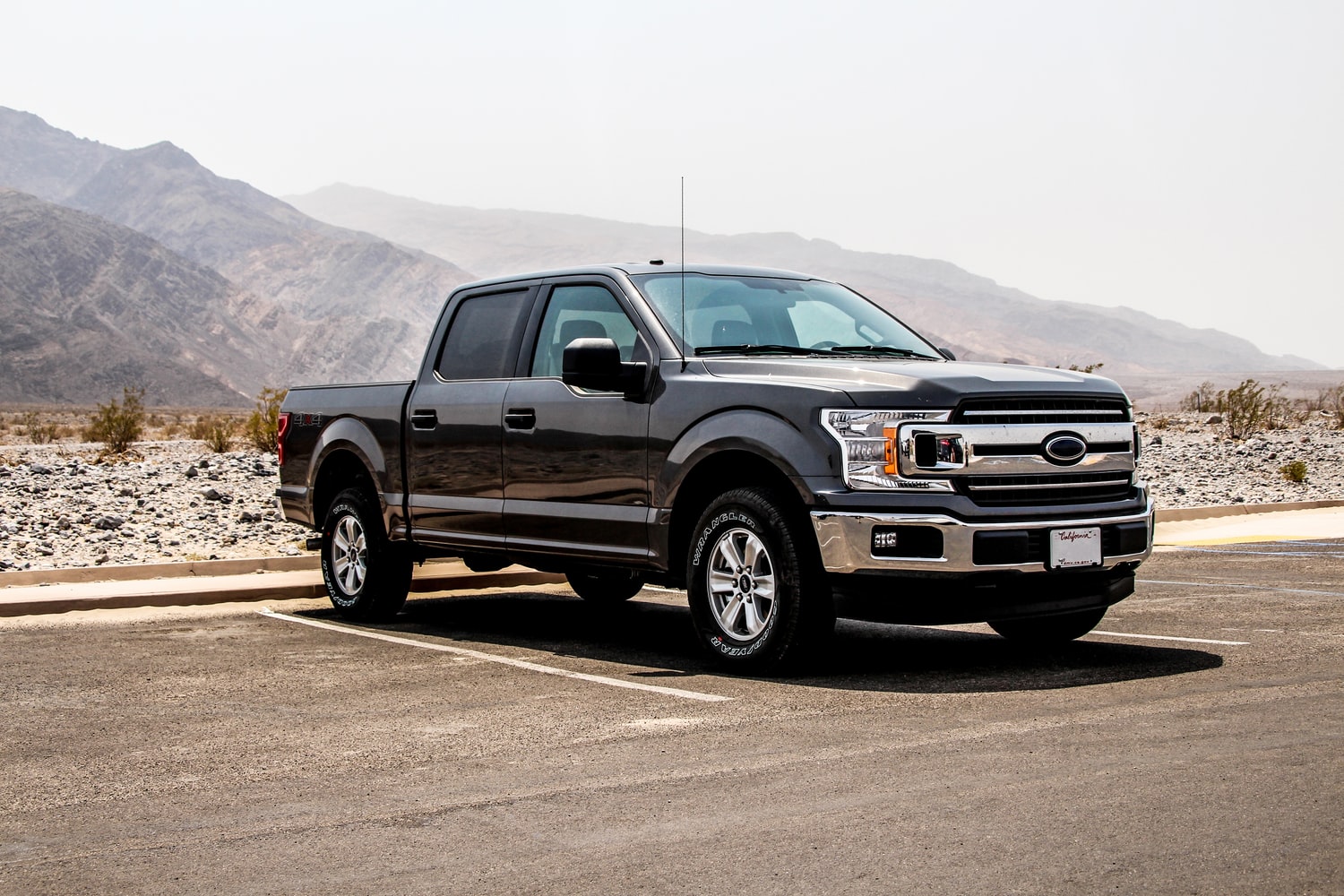Tips for Buying a Used Truck
The used pickup truck market is supposed to be three times bigger than the new pickup market. So you have a lot of options. We’re here to help you make the right choices.
Diesel: Check all diesel-powered pickups carefully. They cost more to maintain and repair as compared to gas-powered trucks. Check the coolant overflow reservoir and leaks around injectors to start with. Check if any repairs were done and whether they were done by certified technicians.
Warranty: Check if the drivetrain and smog system components are still under warranty. This is important, especially for high mileage trucks where engine and transmission repairs will be costlier. Check if the dealer selling them is offering warranties and mentioning them in writing.
DPF: Some diesel owners remove the diesel particulate filter, muffler, EGR cooler, and block or remove the EGR valve for more power. But it breaks federal smog laws. So check because if you have to replace them, it’ll cost you thousands of dollars.
Test drive: Accelerate and brake hard, get the engine, and transmission up to operating temperature. 20 minutes should be enough to let you know of any drivetrain, steering, or suspension issues. Watch for smoke during hard acceleration or lift-off.
Transmission: If it’s an automatic, pull the dipstick and ensure that it’s reddish with barely any smell. If it’s brownish and smells like burned brake pads, there are internal issues. If it’s a manual, ensure that there is no slippage, chatter, gear whine, or driveshaft vibrations.
Shifting: If it has four-wheel drive, engage that system and drive off-road. Test high and low range. Put it back in two-wheel drive and spin the rear tires to see if the limited-slip differential is working correctly.
Check down under: After the test drive, check under the truck for signs of leaks. Leaks under the engine could be a serious front main seal issue, or water pump, or a failing gasket issue. Check the transmission, transfer case, and axle housings too. Inspect the backside of all wheels for oil from bad brake lines.
Records: Get the VIN and order a vehicle history report. Inspect for salvage title, maintenance history, and accident history. These will help you see if the truck’s been treated well.





